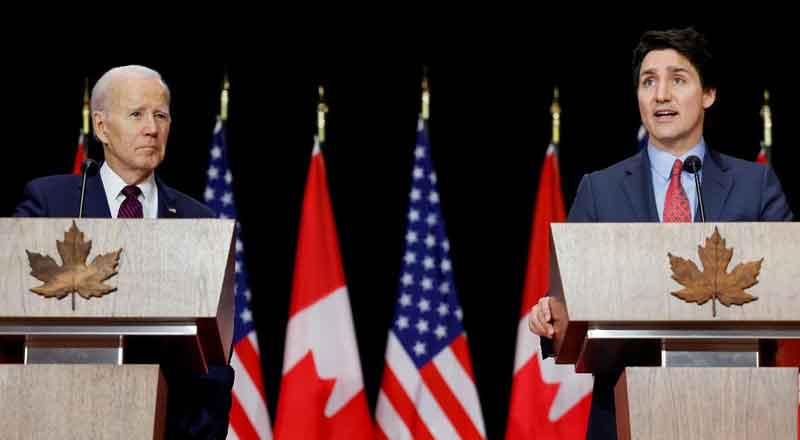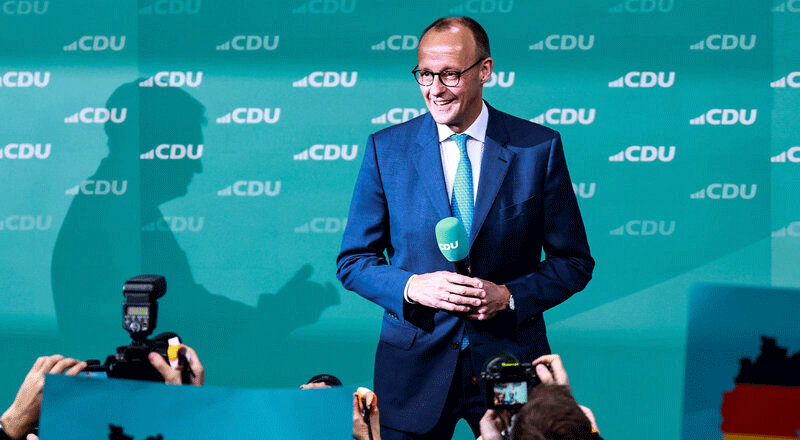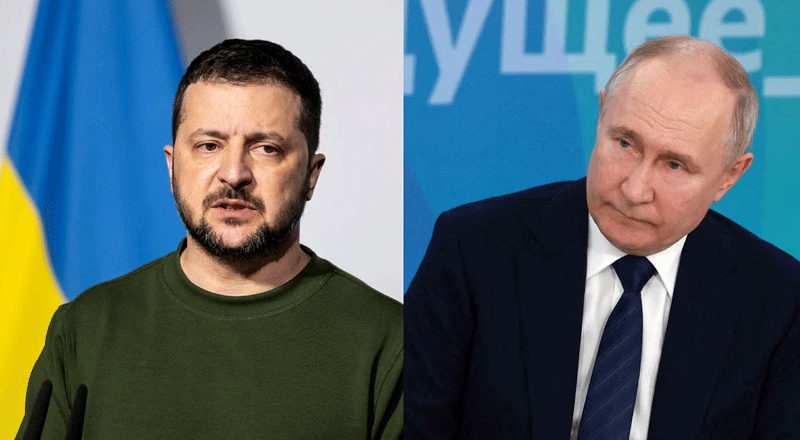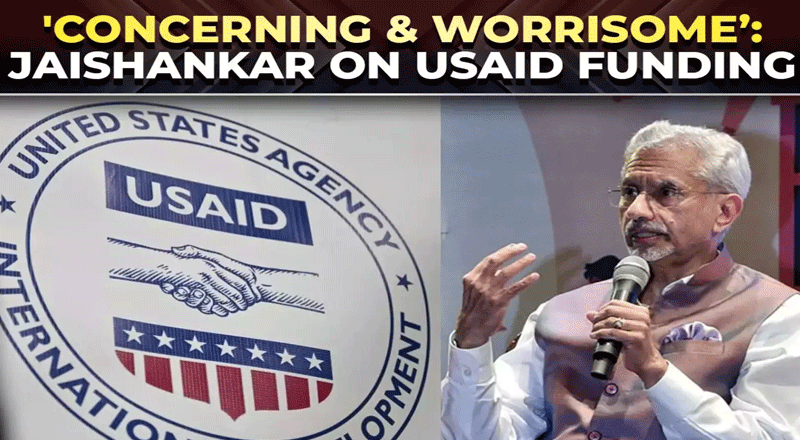- Last week, Justin Trudeau made the explosive charge that “Indian government agents” could be behind the shooting of Khalistani terrorist Hardeep Singh Nijjar.
- India rejected the allegation as “absurd”.
- Canada has shared no specific information regarding its charges, India said, flagging “politically condoned hate crimes and criminal violence” in that country.
- The Canadian Defence Minister called the relationship with India “important,” but asserted that allegations over the killing of a Khalistani terrorist should be investigated.
- Top US diplomat David Cohen claimed that it was the “shared intelligence among ‘Five Eyes’ partners that had prompted Justin Trudeau to go public with his big charge against India.
Amid diplomatic tensions between India and Canada over the killing of Khalistani terrorist Hardeep Singh Nijjar, Canadian Defence Minister Bill Blair asserted that his country’s relationship with India is “important” and Ottawa will continue to pursue partnerships like the Indo-Pacific initiative.
Before Canadian Prime Minister Justin Trudeau’s “credible” allegations last week linking India’s role to Nijjar’s murder in British Columbia in June, Ottawa had been seeking deeper relations with India in the fields of trade, defence and immigration.
Blair, in an interview, said that Canada will continue to pursue those partnerships while investigating the allegations raised by Trudeau. The minister noted that the Indo-Pacific strategy was critical for Canada as it has led to its increased military presence in the region and commitments to further patrol capabilities.
The Defence Minister further said that if the allegations are proven true, there is a “very significant concern” that Canada will have in relation to the “violation of our sovereignty in the murder of a Canadian citizen on Canadian soil”.
Canada’s military commitments in the Indo-Pacific region will cost around $492.9 million over five years, out of a total of nearly $2.3 billion in the same time period.
India-Canada relations nosedived to the lowest point after Trudeau’s allegations in Canadian Parliament of “potential” involvement of Indian agents in the killing of Nijjar, who was gunned down in British Columbia’s Surrey on June 18.
India angrily rejected the Canadian PM’s allegations as “absurd” and “motivated” and expelled a senior Canadian diplomat in a tit-for-tat move to a similar move by Ottawa. India also temporarily suspended visa services for Canadian nationals in view of “security threats” and called for a reduction of Canadian diplomats in New Delhi.
India also advised all its nationals in Canada and those contemplating travelling there to exercise “utmost caution” in view of growing anti-India activities and “politically-condoned” hate crimes. The diplomatic standoff between both countries has laid uncertainties over trade relations, as India and Canada recorded a burgeoning bilateral trade for the past few years.
Canada and India are essential trading partners for each other. Bilateral trade between both countries has risen to around $8.6 billion in 2022. Trudeau himself acknowledged on the sidelines of the G20 Summit that India is an “extraordinarily important economy” in the world. The political acrimony has raised concerns of impacting a robust India-Canada trade.
Moreover, Canada houses a large Indian diaspora, raising concerns among Indian students thereafter Trudeau’s allegations and the suspension of visa services for Canadian nationals.
(With inputs from agencies)





